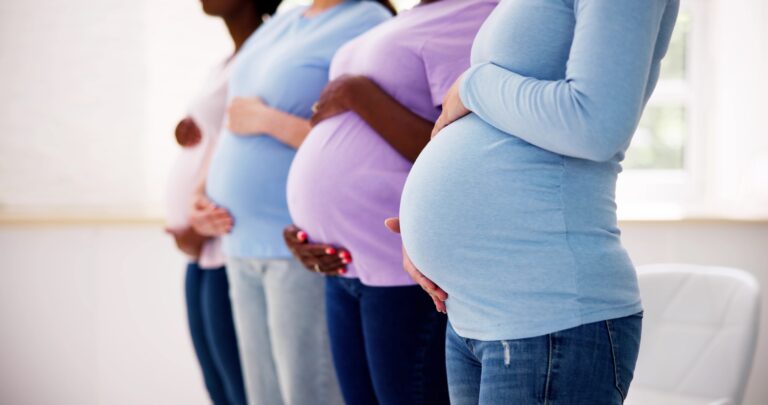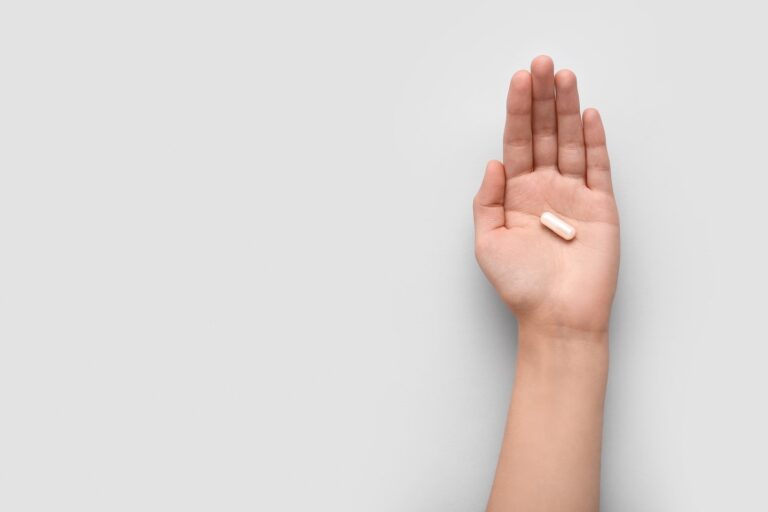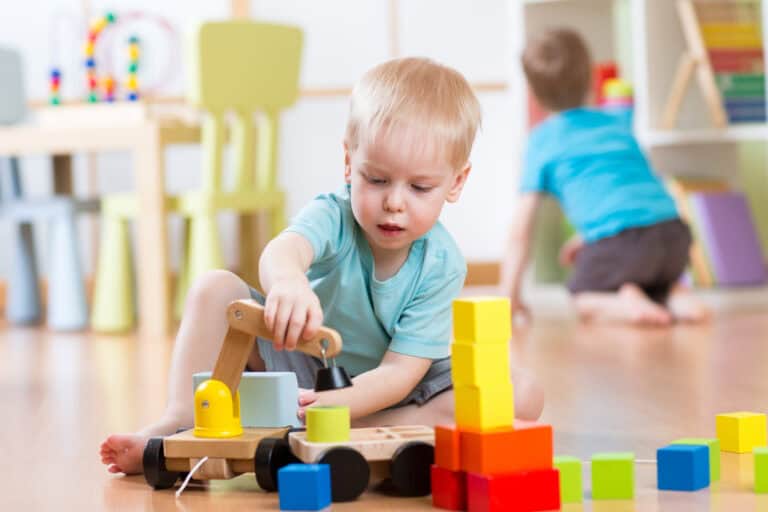Support for children with a brain injured parent
During lockdown I have been speaking to many people with brain injuries as part of a volunteering role for the charity, The Silverlining Brain Injury Charity. Hearing so many stories about how people have become injured, and learning about their day to day lives, it is apparent how important support from family is.
It has made me think about how family dynamics change after a brain injury and what support is out there for all those family members who are themselves providing support to a loved one. In particular I have been thinking about the challenges that are faced by a family when a brain injured person is already a parent when they become injured.
Their children might be too young to understand what has happened exactly but will know that something has changed. And older children might become involved in providing care and support when previously their wants and needs were the main focus.
How a child reacts to the fact their parent has had a brain injury will be different in every family and will depend on things such as the age of the child and their existing relationship with their parent.
It is clear that children will be affected emotionally at the news that their parent has had a serious injury. A child’s behaviour might change as they try to cope with the changes around them. Adults in their life need to be aware of this too. It is important that their nursery or school is informed so that they can support them through this difficult time as well.
Children will notice changes in their parent that have arisen since their head injury. Common changes following a brain injury include:
- Cognitive difficulties – such as memory and language problems, difficulty concentrating and with executive function
- Physical changes – such as mobility and co-ordination problems, weakness, fatigue and pain
- Behavioural and emotional – such as personality changes, mood swings, depression, anxiety and loss of inhibition
It is commonly known that when a life changing event happens, children can often blame themselves. They can feel responsible for the different way their parent is acting towards them and they will need to have reassurance that this and their parent’s injury is not their fault.
The main piece of advice I have come across from psychologists in this area is to tell children the truth about their parent’s injury and provide them with information about the injury that is age appropriate. Children need to be able to understand what is happening to their parent so they can process and deal with the changes that affect them.
I think being age appropriate is key, finding suitable ways to explain the injury and resulting changes in a way that children can understand. Suitable examples that children can relate to their own experience will also help. Headway recommends the books, “My mum makes the best cakes”, and “My dad makes the best boats”, both by Jo Johnson and sold on the Headway website.
Children take cues from the adults around them as to how they should behave in new and challenging circumstances. If the adults around the children can show good coping strategies then the children are more likely to cope better with stressful events. That is why support for the whole family is important when a parent sustains a brain injury.
Support for families of brain injured people can be found from organisations such as Headway, where often local branches run support groups specifically for carers.
Headway has produced a very helpful booklet about supporting children with a brain injured parent.
It goes into great detail about the different reactions children are likely to have according to their age, with suggestions about how to support them best from the time their injured parent is in hospital through to their return home. It also provides a very useful list of organisations to contact, including the Children’s Society, a charity that supports young carers and their families.
The book Head Injury (The Facts) by Audrey Daisley, Rachel Tams & Udo Kschla has a detailed chapter, “Helping Children Cope with Head Injury in the Family”. This is also for sale on the Headway website.
Often when we think about rehabilitation, the focus is on the injured individual getting better and regaining independence as far as possible. It is important that family members, who can be crucial in the rehabilitation process and every day care, are themselves supported as well.










